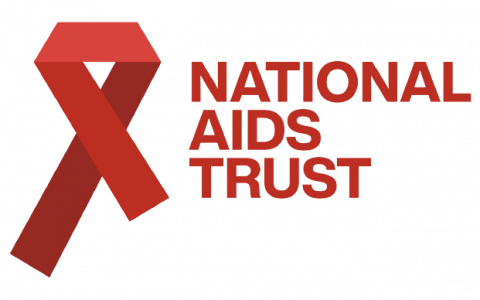
Case Study
Sweden – Older people living with HIV
-
Context
HIV-Sweden is a leading patient organisation working actively with questions on the wellbeing of people living with HIV (PLHIV). It recently launched a national project to enhance understanding of the reality of growing older with HIV and improve the quality of life of those people over 50 living with HIV.
-
Introduction
Currently, around half of PLHIV in Sweden are over 50. In addition, this group accounts for an increasing number of those newly diagnosed compared with a decade ago. Often in this group, symptoms are misinterpreted, leading to delayed diagnosis, while Sweden’s focus on ‘risk-group thinking’ excludes the elderly. This means that the realities of ageing with HIV remain poorly understood both within the healthcare system and in society at large. There is a dearth of research on the challenges facing older PLHIV coupled with a lack of knowledge and concern among healthcare professionals. The effects of ageing on managing chronic HIV infection and the effects of chronic HIV infection on managing the ageing process need to be better understood. HIV-Sweden is running a national project to address this gap.
-
Aims
The project aims to:
- Directly engage with the target demographic (PLHIV aged 50 and older) to gain first-hand understanding of the challenges they face, their concerns and their needs
- Increase awareness of the concerns identified and the needs within healthcare, elderly care and administration by engagement and discussions at multi-stakeholder forums
- Develop guidelines for professionals working in healthcare and elderly care to improve care quality and reduce stigma.
-
Method
The project is taking place in Stockholm, Gothenburg, Malmö and Borlänge. Four local working groups, consisting of six to eight PLHIV aged 50 or older, as well as those close to them. The project team meets with them systematically to discuss their experiences and highlight the issues that are important to them. Their knowledge, experiences, thoughts and needs are deeply personalised and relevant, unlike broader fact-based or quantitative studies. A book based on the findings from these local working groups will be published in both print and digital formats. Nationally, the project findings will be presented in various contexts and raised as a topic for political change at various meeting and forums. The project is taking place over a three-year period and is expected to finish by the end of 2019.
-
Results
By using real world dialogue and national activities, this project is bringing visibility for the complex challenges of ageing with HIV. The working groups have raised a number of concerns that they feel should be addressed. There is a general concern over how these will be received by both healthcare professionals and society at large, given a worrying trend of increasing stigmatisation. Professionals working in elderly care – including assisted living, adult day care, long-term care, nursing homes, hospice and home care – lack any knowledge of HIV and the needs of PLHIV, which further accentuates the problem. In addition, the elderly care sector has a large number of private operators that lack, or are unwilling to commit, the resources to educate their professionals. There is also stigma within the sector, with certain care operators refusing to take on the care of PLHIV. The concerns identified are not region/county specific, but apply to Sweden as a whole.
In tandem with identifying these concerns, there has also been an emphasis on those practical measures that PLHIV adopt to help themselves live lives that are mentally and physically healthy. The findings of the project will be presented in a book, which will be published in both print and digital formats. The book, primarily targeted to care professionals, should be seen as an educational guide on approaching and caring for PLHIV. The digital format will be regularly updated to ensure it remains relevant. By including stories and experiences from the working groups, the book will help to establish a sense of belonging and community among PLHIV, letting them know that they are not alone in the realities that they encounter.
-
Recommendations
Healthcare and elderly care needs to be designed around the differing demands of the elderly and must adjust to the needs of ageing populations with chronic diseases. Elderly care must safeguard and respect the individual’s right to privacy and bodily integrity, self-determination and empowerment and needs to be personalised to offer a life of dignity and a sense of well-being. The skills and knowledge of professionals urgently need to be updated to provide equal, respectful and non-discriminating treatment.







